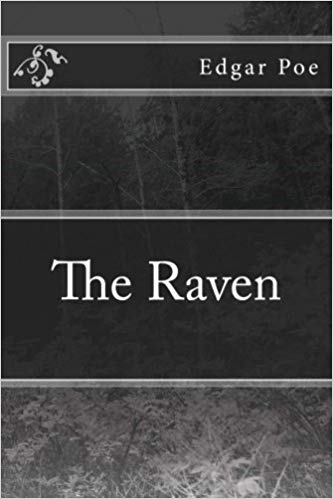The Raven Audiobook by Edgar Allan Poe

text
“The Raven” is certainly Poe’s most renowned poem. After its publication, it ended up being so popular that its refrain “nevermore” ended up being a catch phrase duplicated by people on the street. The Raven Audiobook by Edgar Allan Poe Free. Poe, who informed one pal that he believed the rhyme was the best poem ever before written, was delighted one night at the theater when an actor interpolated words into his speech, and also nearly every person in the audience seemed to acknowledge the insinuation.
The work stays Poe’s best-known rhyme today partly because, in his “Ideology of Make-up,” Poe defines what he declares was the technique by which he made up the poem. Whether that summary is an exact account of exactly how the work was composed, it is undoubtedly a description of just how Poe desired the poem to be reviewed. Hence, Poe himself was the first, and also is probably still the best, movie critic as well as interpreter of his own rhyme.
As Poe makes clear in “The Approach of Make-up,” he desired to produce an impact of appeal related to moody in the rhyme; he made a decision that the refrain “nevermore,” said to a boy whose mistress has recently passed away, was completely computed to attain that result. According to Poe, the standard circumstance, the protagonist, and also the plot of the poem were all created as a pretense or reason for setting up the “nevermore” refrain, to be duplicated with a variation of meaning and also effect each time.
The plot is an easy one: A young man is reading one stormy evening in his chamber, half-dreaming about his precious deceased mistress. He listens to a tapping at his home window and also opens it to confess a raven, undoubtedly somebody’s animal which has escaped its master, looking for shelter from the tornado. The raven can speak just one word, “nevermore.” When the audio speaker, entertained by this case, asks the raven inquiries, its reply of “nevermore” strikes a melancholic resemble in his heart. Although he understands that the raven can only speak this set word, he is forced by what Poe calls the universal human demand for self-torture to ask the bird inquiries to which the reaction “nevermore” will certainly cause his suffering to be a lot more intense. When this self-torture reaches its most extreme degree, Poe states, the rhyme then normally ends.
The sadness of the young man as well as the rainy midnight hour add to the total effect of the rhyme, however the most crucial feature is the sound of the refrain– a sound that is established also before the raven shows up by the dead mistress’s name “Lenore.” The resemble of words “Lenore” by “nevermore” is further stressed in verse 5, when the man peers right into the darkness as well as murmurs “Lenore?” just to have the word echoed back, “Merely this and nothing more.”
When the shed Lenore is projected as the resource of the man’s sadness, the look of the raven as a sort of objectification of this sorrow appears poetically justified. When he asks the raven its name as well as listens to the ominous word, “nevermore,” the man admire the bird’s capacity to utter the word however understands that words has no fundamental meaning or relevance. The importance of the bird’s solution depends solely on the nature of the questions or remarks the man puts to it. For instance, when he says that the bird will leave tomorrow, like all his “hopes have actually flown before,” he is stunned by the relatively appropriate reply